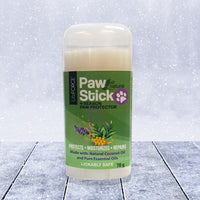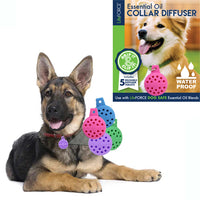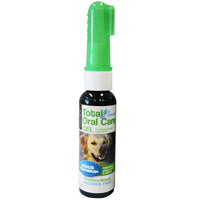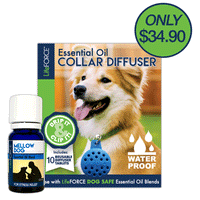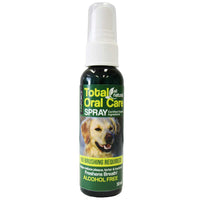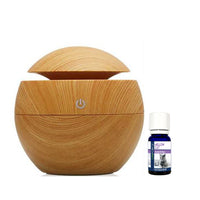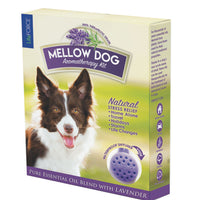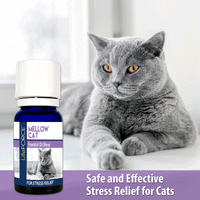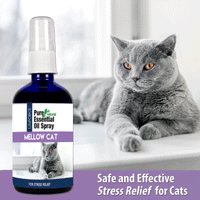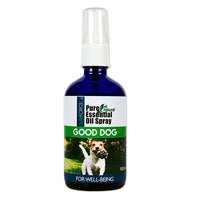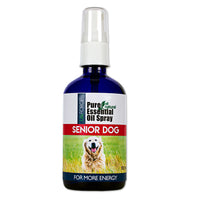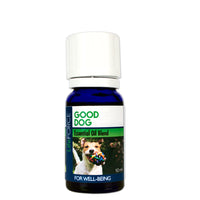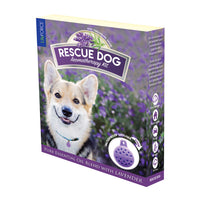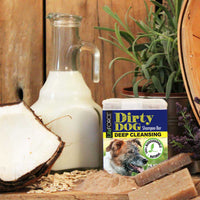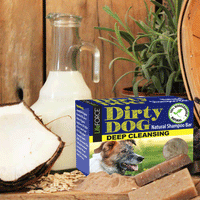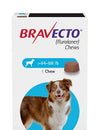Sui Choi, or napa cabbage, is originally from East Asia but is now cultivated in the US and Canada. Super low in calories but abundant in fibre and antioxidant capacity, sui choi can make a healthy contribution to our pet’s diet.
 Sui Choi’s multi-syllabic compounds carotene, thiocyanate, indole-3-carbinol, lutein, zea-xanthin, sulforaphane and isothiocyanate are multi-taskers when it comes to safeguarding the body against harmful influences. These compounds are shown to offer protection against breast, colon and prostate cancers. Research examining the role of sui choi and other cruciferous vegetables in cancer prevention point to three types of nutrient richness. They are antioxidant richness, anti-inflammatory benefits and the advantages of glucosinolates, which are the sulpher-containing compounds found in pungent vegetables like sui choi.
Sui Choi’s multi-syllabic compounds carotene, thiocyanate, indole-3-carbinol, lutein, zea-xanthin, sulforaphane and isothiocyanate are multi-taskers when it comes to safeguarding the body against harmful influences. These compounds are shown to offer protection against breast, colon and prostate cancers. Research examining the role of sui choi and other cruciferous vegetables in cancer prevention point to three types of nutrient richness. They are antioxidant richness, anti-inflammatory benefits and the advantages of glucosinolates, which are the sulpher-containing compounds found in pungent vegetables like sui choi.
Sui Choi is a good source of folates--folic acid being one of the critical components of DNA. Adequate amounts of folates in the diet of pregnant females were shown to help prevent neurological diseases in their newborns.
Vitamin A, as such, appears in limited quantity in sui choi, however the cabbage does contain flavonoid polyphenolic compounds such as carotenes, lutein and xanthins that convert to vitamin A in the body, thereby performing important antioxidant duty. Sui choi does also contain high levels of vitamin C. Regular consumption of foods rich in this vitamin helps the body grow resistant to infection. And like vitamin A, vitamin C contributes antioxidant properties that scavenge inflammation-causing free radicals. Sui choi’s vitamin K is on record as contributing to limiting neuronal brain damage. It also contributes to our pets’ bone growth and makes them healthier and stronger.
Finally, sui choi is a source of riboflavin, pantothenic acid and pyridoxine thiamin, plus electrolytes and minerals such as iron, calcium, potassium, phosphorous and manganese. This leafy vegetable packs quite the nutritional and antioxidant punch but our pets just know it tastes good.

